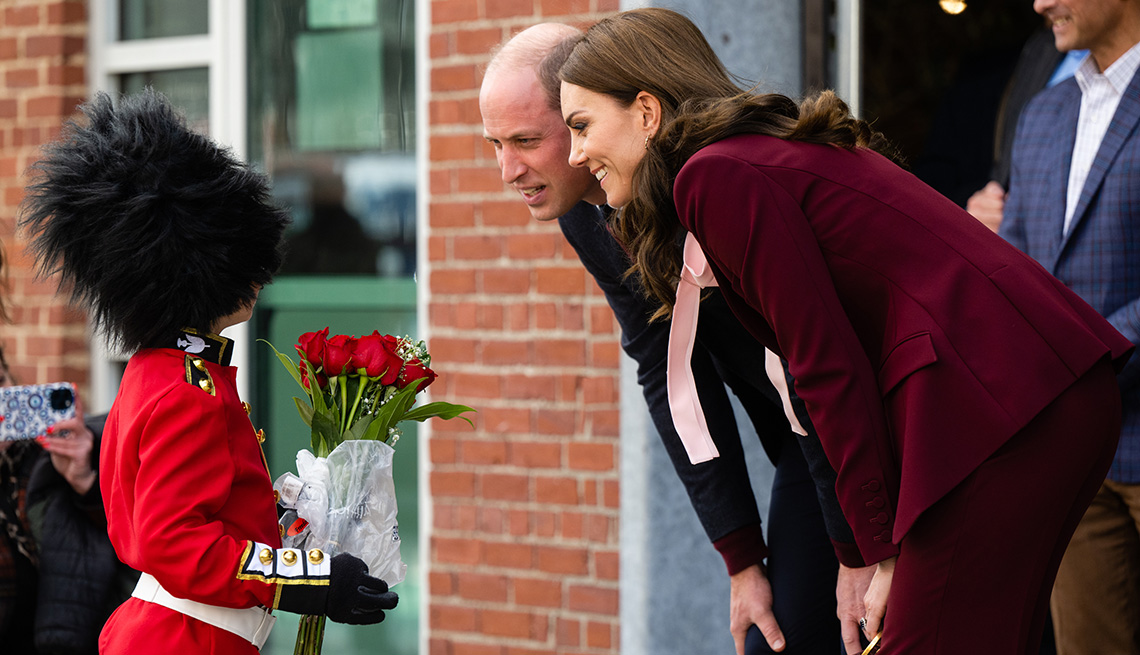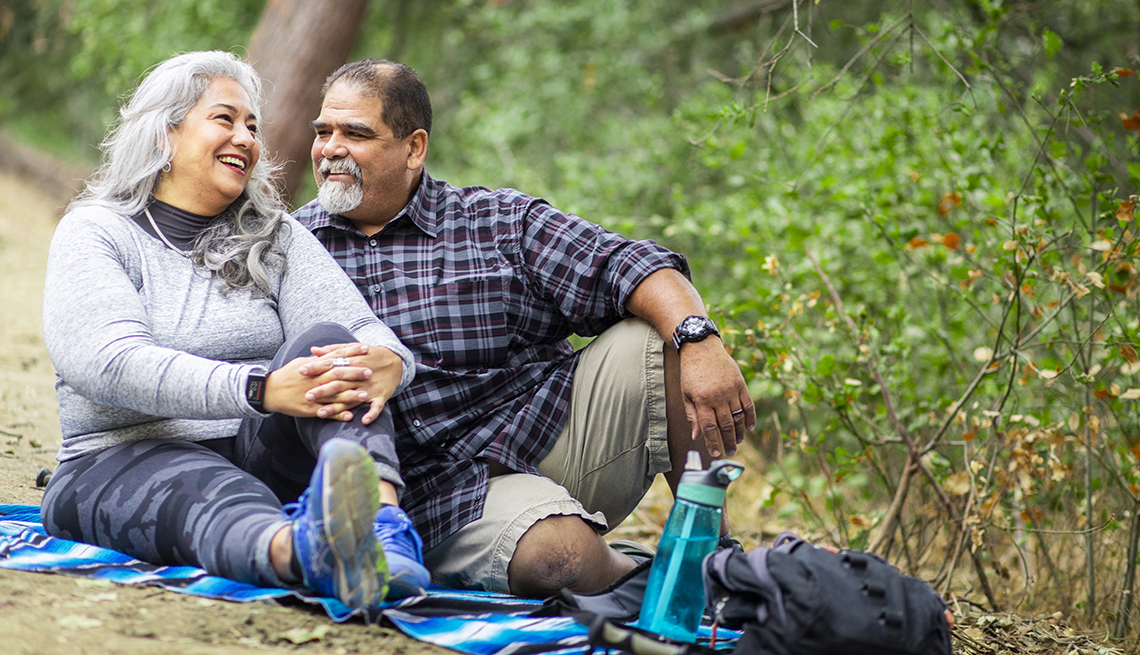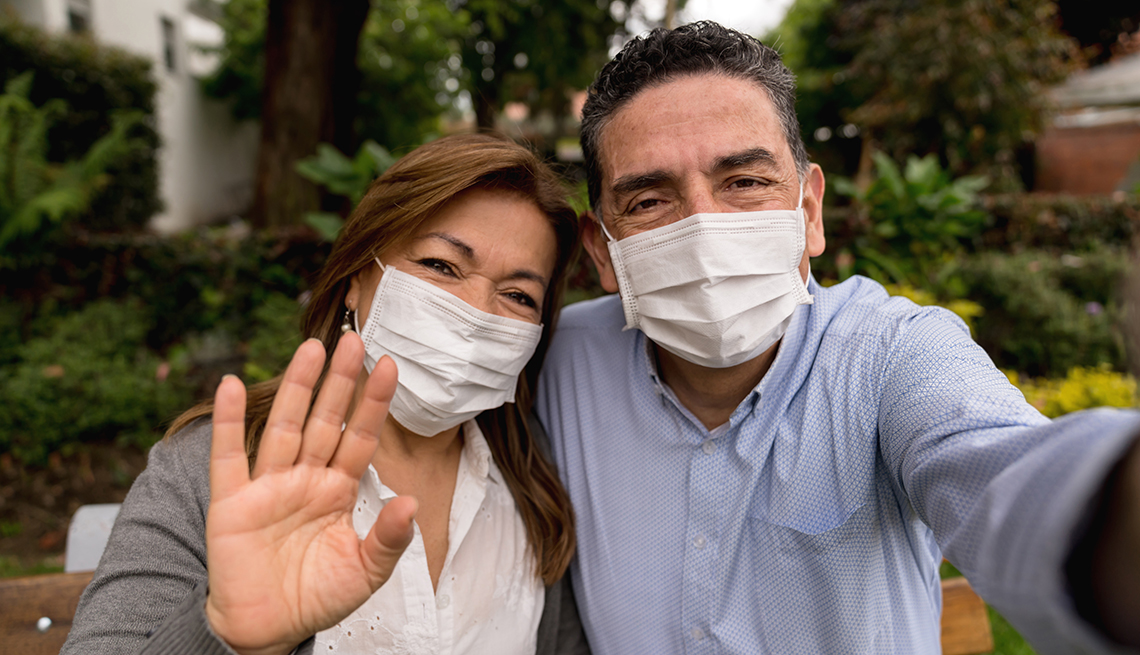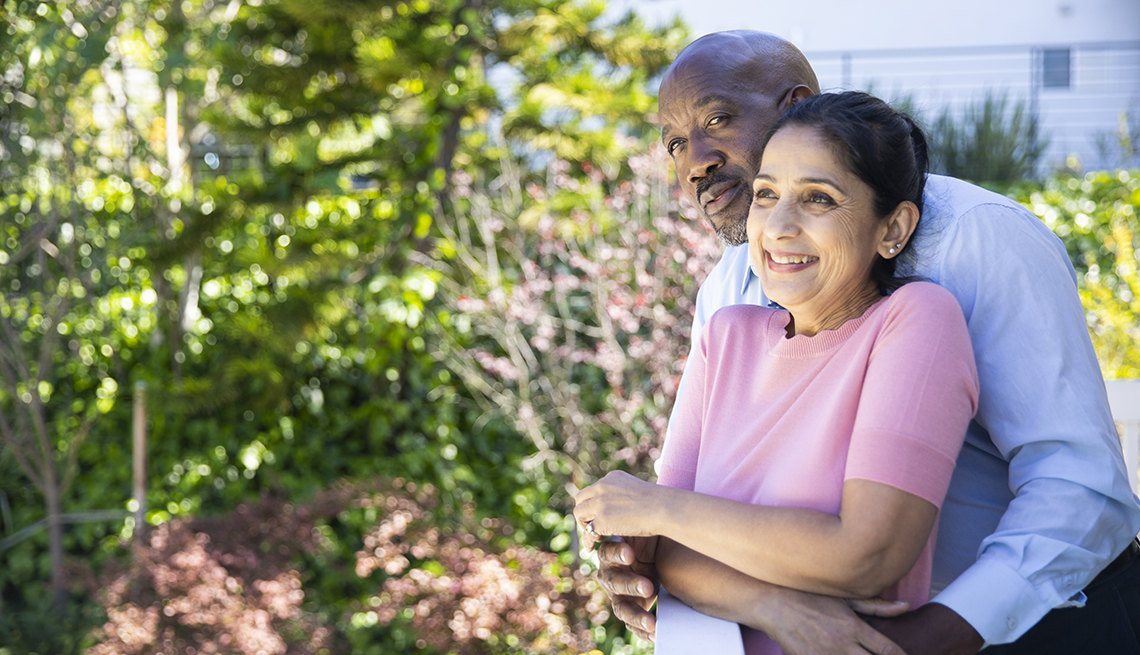Make Your Online Dating Profile Stand Out
The photos you choose and your bio are vital to online dating success
Creative Valentine’s Day Gifts With a Twist
Get beyond traditional red roses and drugstore chocolates with these suggestions
How Much Do You Know About Dating After 50?
Test your knowledge of popular dating apps and creating an online profile for dating websites
9 Foods for a Romantic Dinner on Valentine’s Day
Truffles, chocolate, caviar and maybe even some codfish promote love
Pandemic Dating
9 COVID-Friendly Dates to Get Beyond a Zoom Interview
Having something to do, aside from conversation, can reveal whether there's a true connection
Stories From the Front Lines of Pandemic Dating
4 dating experiences that could only have happened during COVID-19
Can COVID-19 Spread Through Sex? No— and Yes
Dating during the pandemic presents some risk when attraction is involved
Over 50 Concerns
You've Survived Cancer. Now What About Dating?
Don't let body image concerns and emotional changes stop you from seeking love
5 Tips for Dating a Widow or Widower
A romance with someone who has lost a spouse may progress at a different pace






































